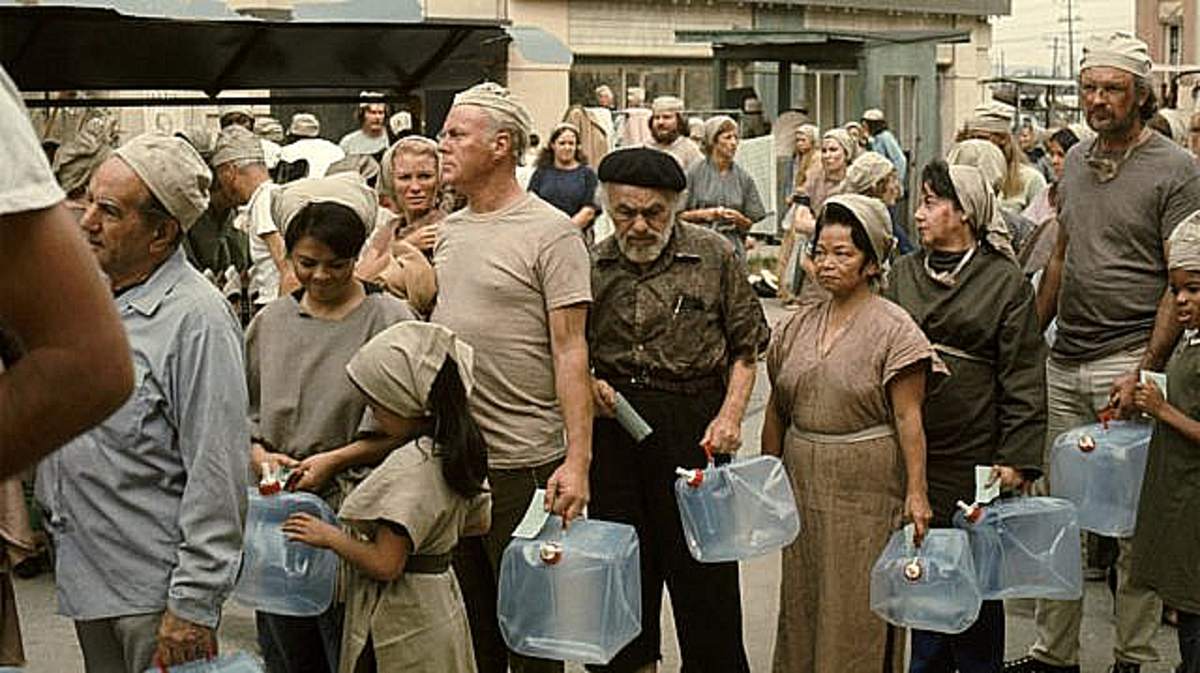
Pressure building to abolish the dead donor rule
Now that euthanasia is legal in Canada, transplant opportunities arise
Food shortages in the 1973 film Soylent Green
An American critical care expert says that more and more doctors are considering the abolition of the “dead donor rule” now that euthanasia is legal in Canada. Writing in USA Today, Professor Wes Ely, of Vanderbilt University, says that conversations at international conferences often turned to “death by donation” – “ending a people’s lives with their informed consent by taking them to the operating room and, under general anesthesia, opening their chest and abdomen surgically while they are still alive to remove vital organs for transplantation into other people.”
At the moment, this procedure is legally a homicide in both the US and Canada. Its proponents defend it by arguing that it would only happen with informed consent and that it might even be ethically preferable. Dr Ely’s take on the controversy is different:
When physicians are participating in a procedure designed to take a person’s life, will patients feel 100% certain that their physician is firmly on the side of healing? What message does it send about the value of every human life when physicians endorse the exchange of one life for another? What affect has it already had on physicians complicit in such death-causing procedures?
In the 1973 science fiction classic “Soylent Green,” detective Frank Thorn searches for answers to dying oceans and a deteriorating human race on overcrowded Earth. He discovers the high-protein green food produced by the Soylent Corporation is recycled, euthanized humans. “Soylent Green is people!” he screams.
“Soylent Green” was set in 2022. We are three years away.
Michael Cook is editor of BioEdge
Creative commons
https://www.bioedge.org/images/2008images/FB_Soylent-Green-1973.jpg
dead donor rule
euthanasia
